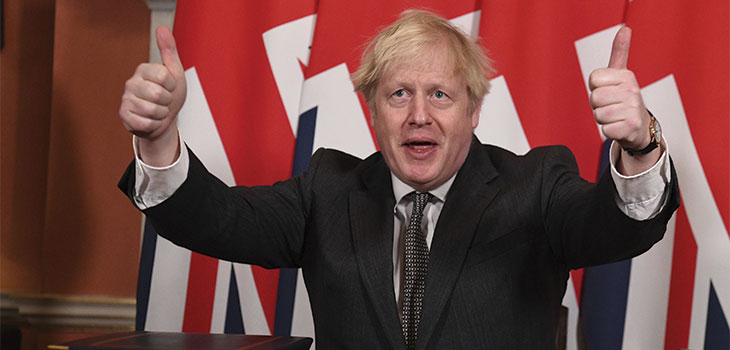
On Christmas Eve, Thursday 24 December, in separate televised staged events, the President of the European Commission, Ursula von der Leyen and the Prime Minister, Boris Johnson, announced that a deal had been achieved. The EU-UK Trade and Cooperation Agreement runs to 1,246 pages consisting of 410 pages of text and 836 pages of annexes and protocols.
On Tuesday 29 December, the Agreement was approved by ambassadors of the 27 Member States and the Member States each gave their written assent. The Agreement was signed on Wednesday 30 December, first in Brussels by Mme von der Leyen and President of the European Council, Charles Michel, and after it had been flown over, later that day by Boris Johnson in London.
The required ratification by the European Parliament and the European Council has to take place before it formally comes into full effect but the agreement can be provisionally applied from 1 January until entry into force, though (unless it is extended) not beyond 28 February. The





.tmb-mov69x69.jpg?sfvrsn=961ae4db_1)
95ca96e3d47f4eff8d147c4f0df17c77.tmb-mov69x69.png?sfvrsn=3db5d86b_1)

